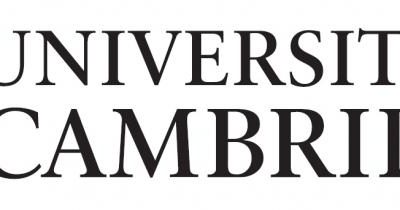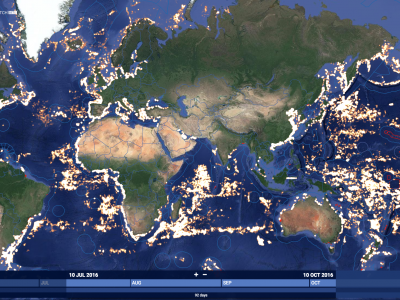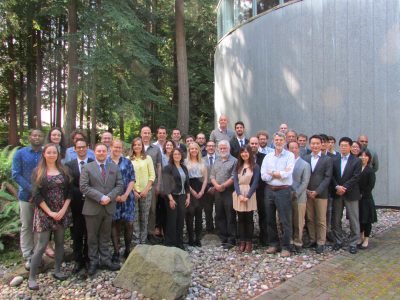Nippon Foundation Nereus Fellowship — PhD at University of Cambridge and the UN Environment World Conservation Monitoring Centre (UNEP-WCMC)
PhD in Vulnerability and adaptive capacity in Indo-Pacific mangrove forests The University of Cambridge and the UN Environment World Conservation Monitoring Centre (UNEP-WCMC) have secured funding to provide full support…







